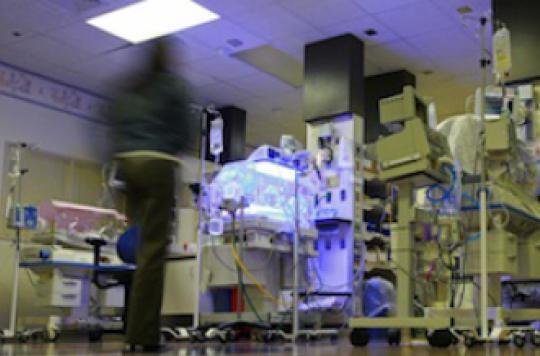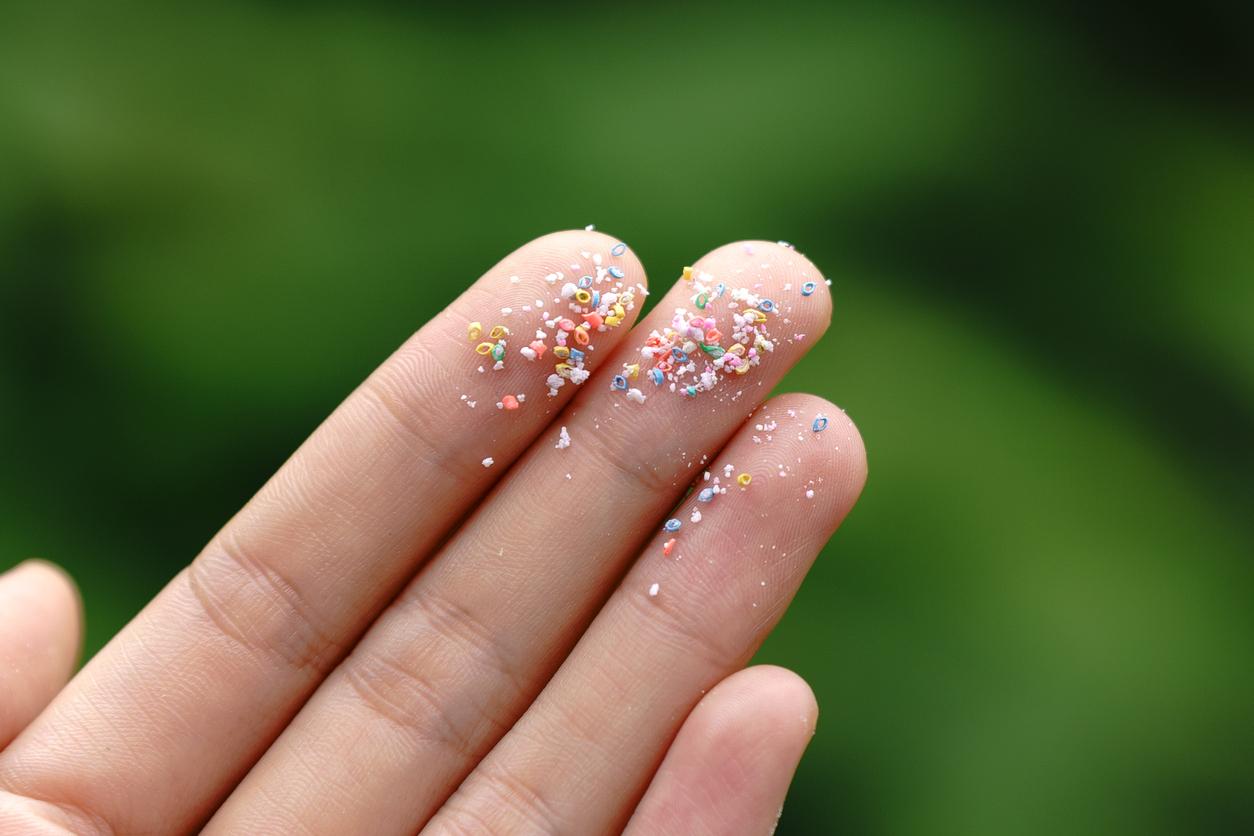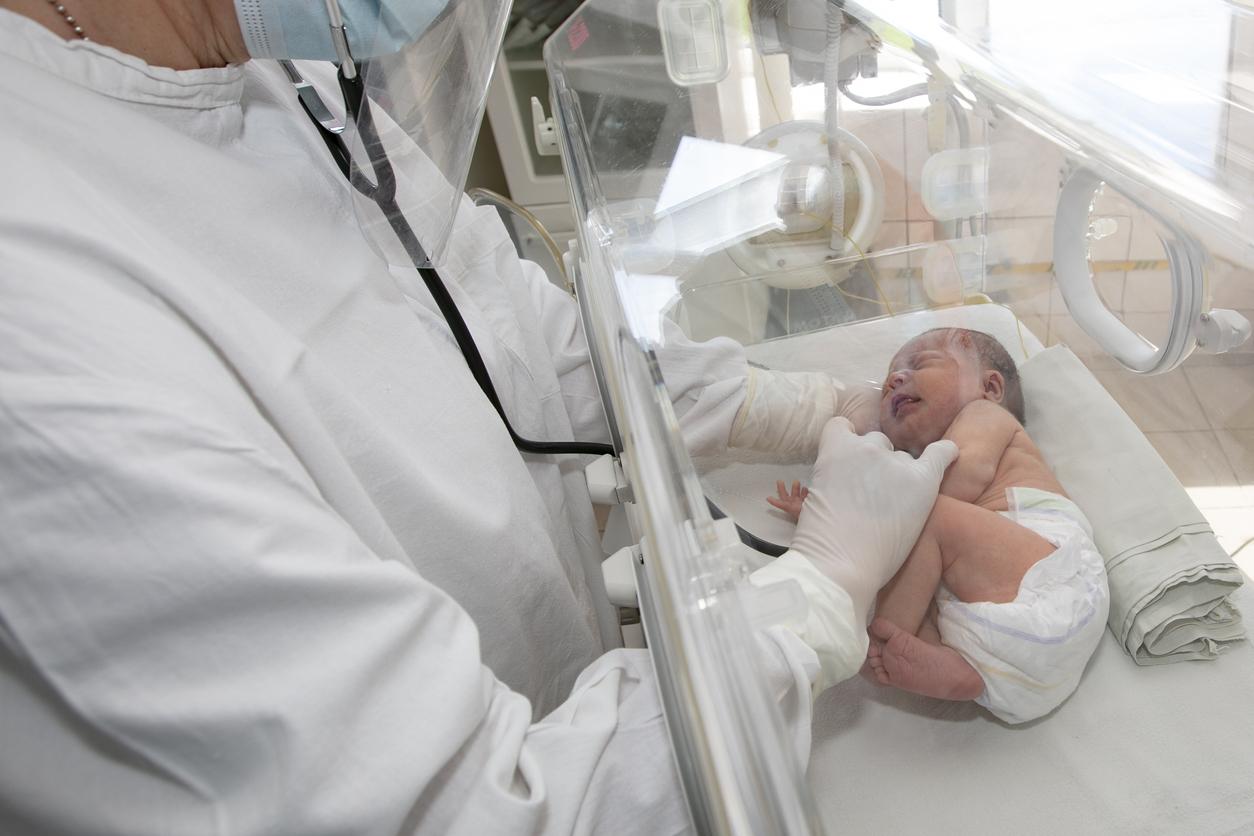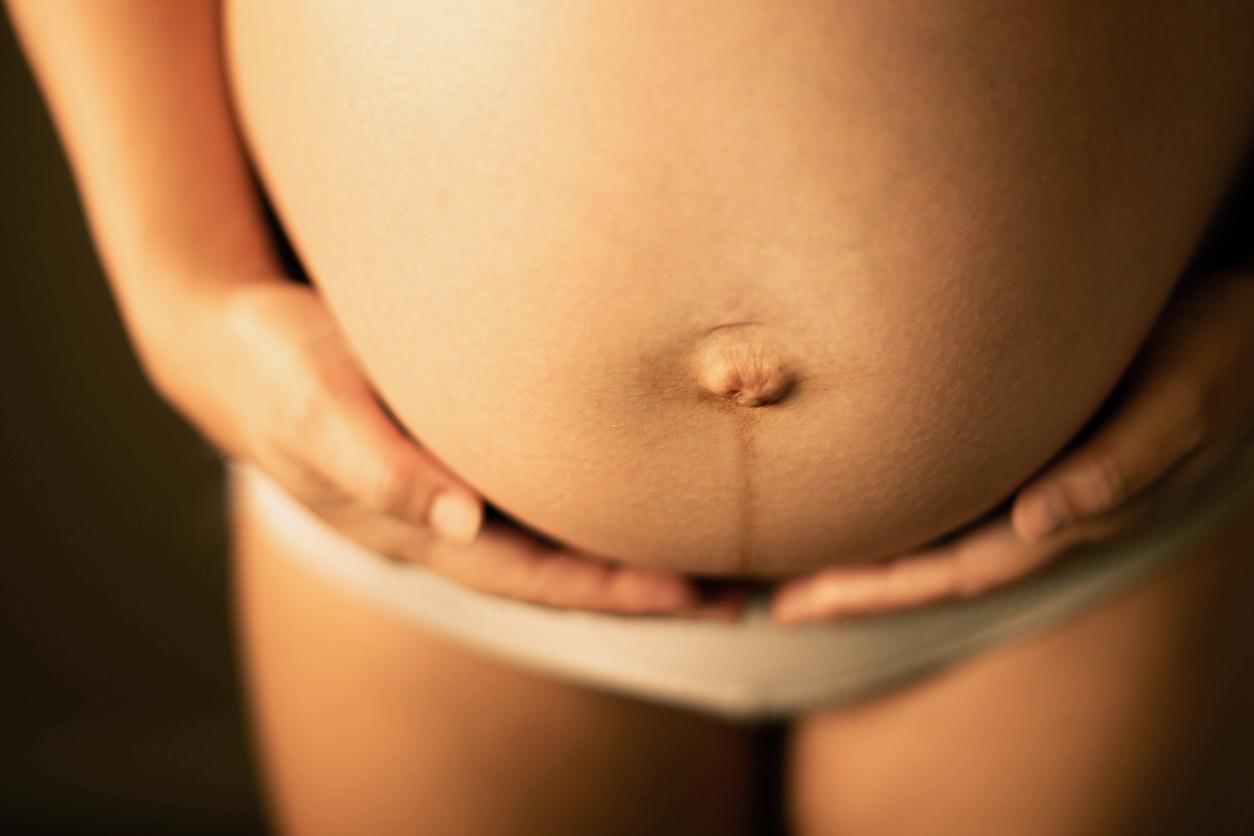Researchers have gathered data from several studies to prove the harmful effects of exposure to plastic materials used in hospitals to treat premature babies.

It has long been known that the health of premature babies is fragile. But today a study published in The Journal of Perinatology reveals that the medical devices essential to their survival also put them in danger. Indeed, the different materials that compose them would expose infants to very chemical and potentially fatal substances.
“An environment made of plastic”
The substances in question include phthalates (DEPH), which are commonly used to make plastic more flexible. In the hospital, they are found in catheters, breathing tubes, and bags intended to contain blood. Made from polyvinyl chloride, these products represent potent endocrine disruptors with toxic effects and considerably increase the risks for newborns. “It is quite incredible that the future of premature sick children depends entirely on an environment almost entirely made of plastic,” laments Professor Eric B. Mallow, lead author of the study. Previous studies carried out on animals have proven the harmful consequences, in particular for the development and functioning of the lungs, eyes and brain. DEPH is also thought to cause liver damage.
Asthma risks
In 2012, research conducted on 60 children in the United States observed an increased risk of asthma-related airway inflammation in children exposed to DEP or BBzP. Prenatal exposure to the latter component would also increase the risk of eczema.
But, in this area, France has already taken the initiative to prevent such risks. From July 2015, France will ban DEHP in the tubing of maternity, neonatal and pediatric departments.
.

















